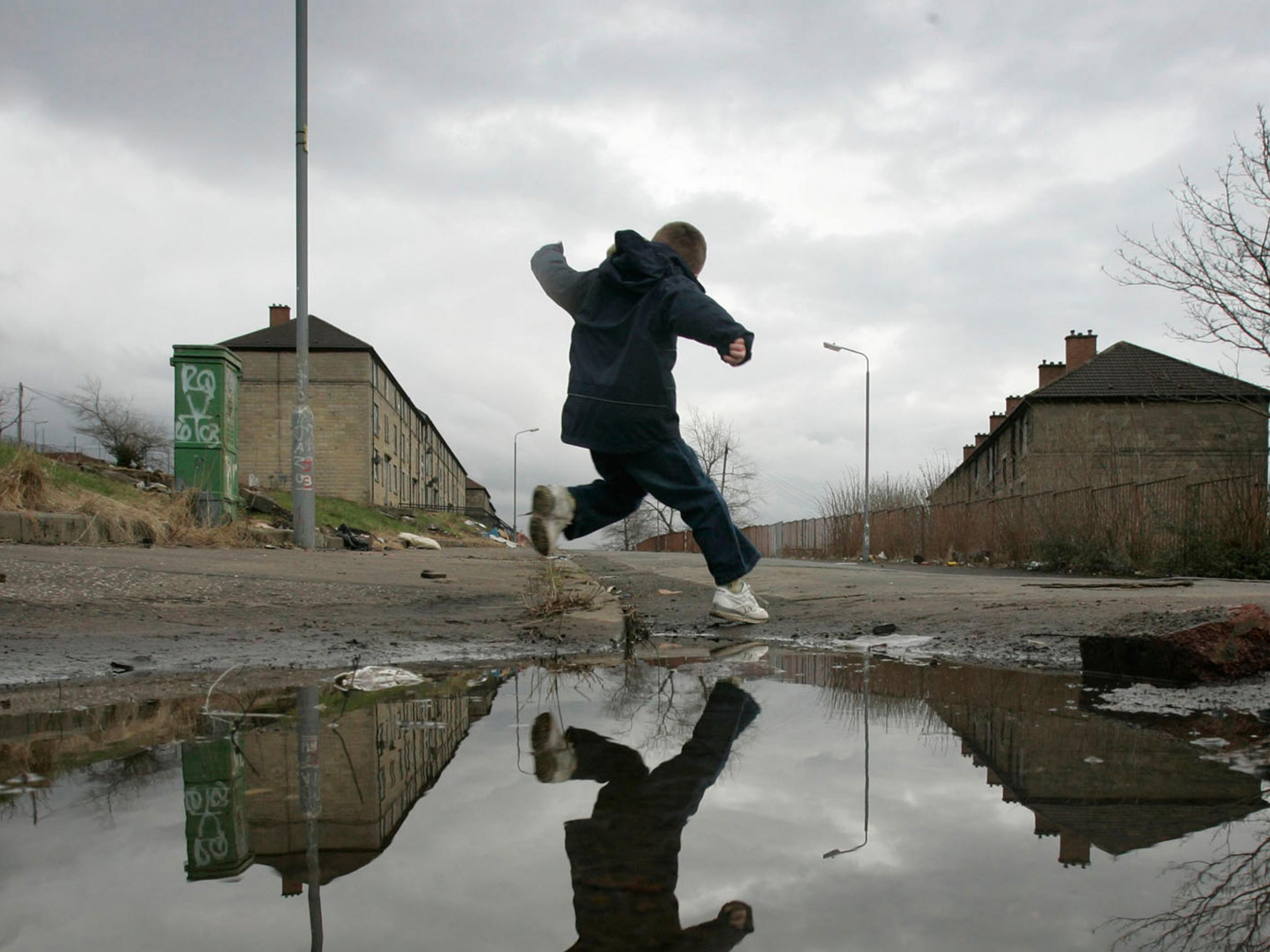Poverty in Britain: Why the Joseph Rowntree Foundation's damning report adds to the case for a Brexit final say
In a typical classroom of 30 children, nine are now living in poverty. They and their families will be hit hardest by the £1000 per person plus cost of Theresa May's dismal Brexit deal

Your support helps us to tell the story
From reproductive rights to climate change to Big Tech, The Independent is on the ground when the story is developing. Whether it's investigating the financials of Elon Musk's pro-Trump PAC or producing our latest documentary, 'The A Word', which shines a light on the American women fighting for reproductive rights, we know how important it is to parse out the facts from the messaging.
At such a critical moment in US history, we need reporters on the ground. Your donation allows us to keep sending journalists to speak to both sides of the story.
The Independent is trusted by Americans across the entire political spectrum. And unlike many other quality news outlets, we choose not to lock Americans out of our reporting and analysis with paywalls. We believe quality journalism should be available to everyone, paid for by those who can afford it.
Your support makes all the difference.A shocking statistic from the Joseph Rowntree Foundation: In a typical British classroom of 30 children, nine are now living in poverty.
The foundation’s report “UK Poverty 2018” could and should be read as an indictment of the austerity policies followed by the Conservative and Conservative led Governments of the last eight years.
It found that overall, just over one in five of the people living in what remains one of the world’s richest economies are in poverty. Of these 14.3m people, 8.2m are working age adults, 1.9m are pensioners and 4.1m are children.
There's more: In-work poverty (there are now 4m workers in that state) has been rising at a faster rate than employment has. Working parents account for nearly all of the increase. It goes without saying that if they are in poverty, so too are their children
How is this happening at a time when the minimum wage - rebranded as the National Living Wage - and tax thresholds have been rising? Simple: the increases have been outweighed by reductions to the benefits and tax credits that top up low wages. While one hand giveth, the other takes more away.
Low paid work such as that offered by hotels, bars, restaurants, shops, comes with little hope of progression. Once people are in it, they remain stuck in it. So much for opportunity Britain offering people who work hard the chance to get ahead.
Only in the rhetoric of politicians does it work that way.
The report makes for a truly chilling read. But to its credit, its authors don’t simply focus on highlighting the problems. They propose ways of dealing with them, such as ending the freeze on benefits and tax credits a year early. This would put more than £200 each into the pockets of poorer families, according to an earlier report by the Resolution Foundation. When you're on the breadline, that’s an enormous sum. The JRF says that could help 200,000 people out of poverty.
As I have previously pointed out, such a measure could easily have been paid for by ending the fuel duty freeze, which is of most benefit to the better off with their bigger cars.
The Foundation also urges government to build more affordable housing, and encourages employers to pay the real Living Wage. It is calculated by the Living Wage Foundation, which offers accreditation to employers that pay it (they also have to ensure their contractors do the same).
All this brings us to the elephant in the room: Brexit. Even were all of report's suggestions to be enthusiastically adopted, would they be enough to prevent even more people falling below the poverty line through Theresa May’s dismal deal? It will, remember, cost every man, woman and child in excess of £1,000.
That’s assuming it passes through Parliament, and Britain doesn’t fall into a chaotic no deal. The FT has reported that the cabinet is drawing up plans to ration space on ferries carrying vital supplies to Britain, as ministers prepare for a disaster of their own making. It could leave supermarket aisles bereft of some foods. That wasn’t on Boris Johnson’s big red bus.
It is inevitably the poor who will be hit hardest by such an outcome, which will dramatically increase their numbers.
Combined with the JRF’s damning report, the arguments for asking Britons whether this is what they really want though the Final Say referendum campaigned for by The Independent are only getting stronger.
Join our commenting forum
Join thought-provoking conversations, follow other Independent readers and see their replies
Comments